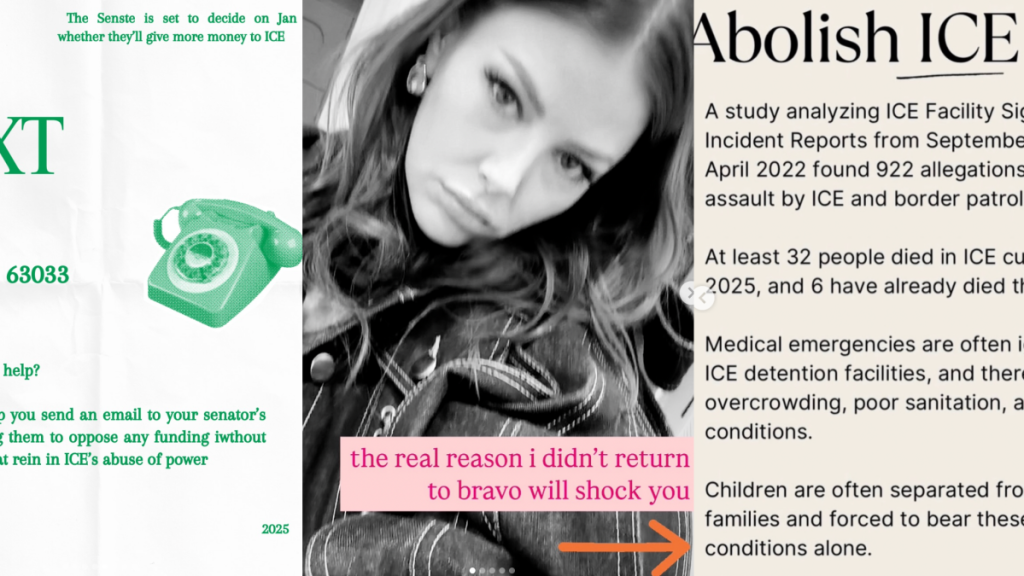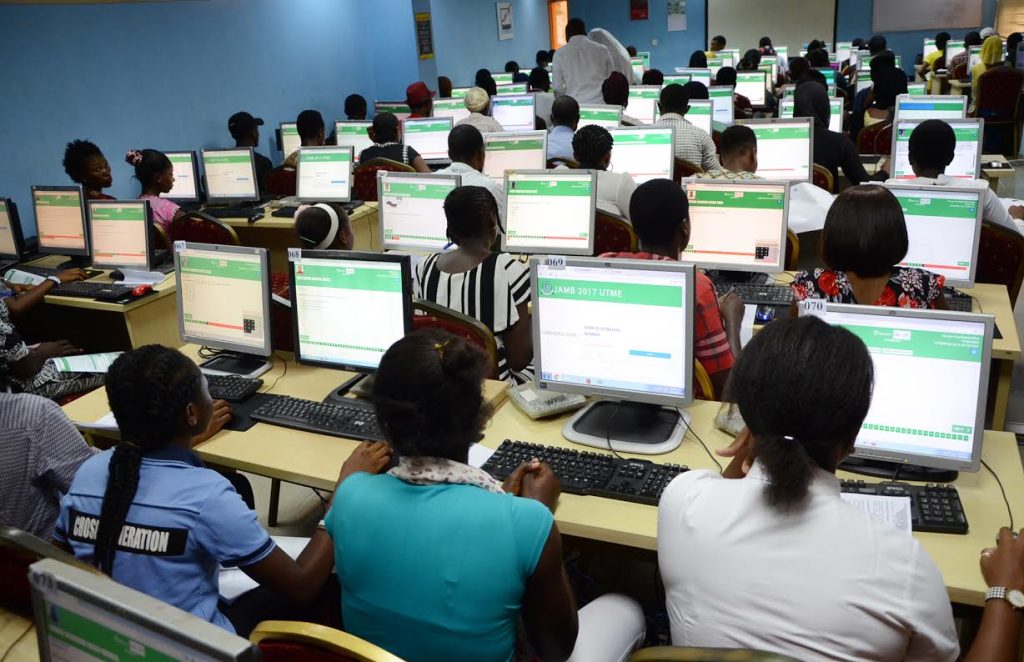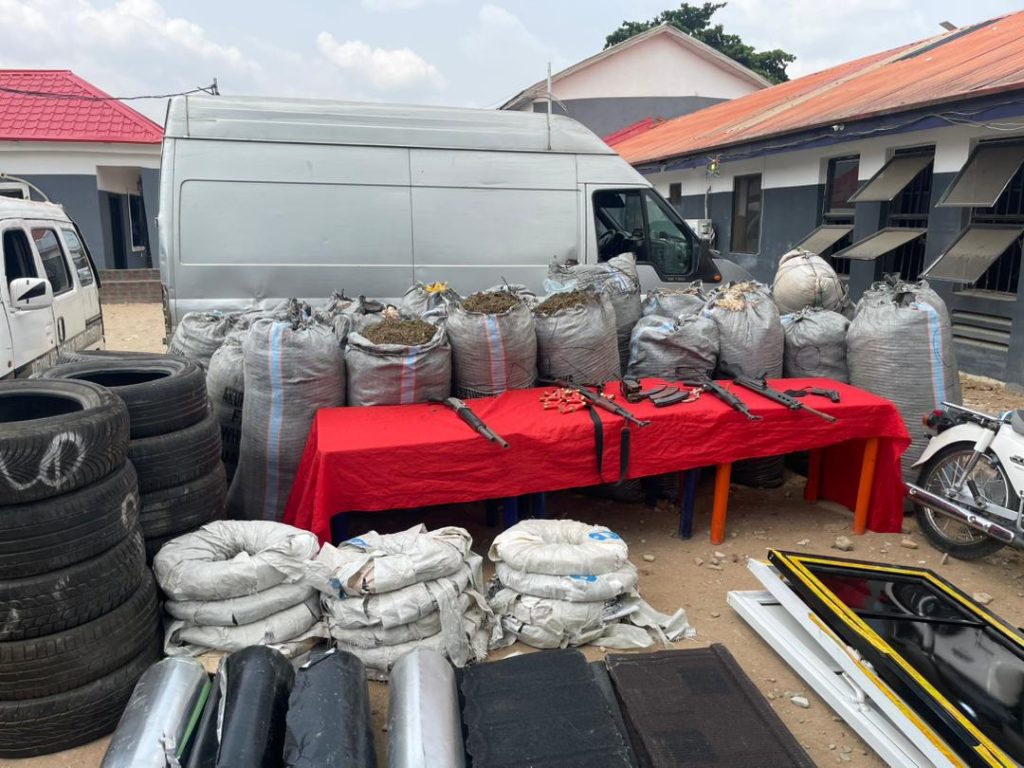Syria is set to revamp its currency in an effort to restore confidence in its severely devalued Syrian pound. The pound has lost over 99% of its value since 2011, plummeting from 50 to around 10,000 per US dollar. This has significantly hindered transactions and money transfers. In response, Damascus has planned to remove two zeroes from the currency and introduce new banknotes.
According to Reuters, the new banknotes will be printed in Russia by state-owned firm Goznak. This decision follows a deal reached during Syrian Foreign Minister Asaad al-Shaiban’s visit to Moscow in late July. Goznak has previously printed Syrian currency, including during the rule of former President Bashar Assad.
The Central Bank Governor, Abdelkader Husrieh, has stated that the primary goal of the currency overhaul is to “strengthen customer confidence” and ease foreign transactions. The move is seen as a necessity to stabilize the economy. Additionally, the new currency aims to bring an estimated 40 trillion pounds circulating outside the formal financial system under oversight.
The redesigned banknotes will reportedly no longer feature Assad or his father Hafez, whose portraits appear on the current 2,000- and 1,000-pound bills. Instead, the new notes will have a fresh design. The time frame for introducing the new currency is still under review, but sources claim the rollout is planned for December 8, marking the first anniversary of Assad’s ouster.
Following the official launch, a 12-month “coexistence period” is expected, during which both old and new notes will be accepted. This transition period aims to facilitate a smooth shift to the new currency. The Syrian Finance Ministry and central bank have declined to comment on the matter, as has Goznak, which is currently under Western sanctions due to the Ukraine conflict.
The decision to revamp the Syrian currency is a significant step towards economic recovery and stability. By introducing a new, more stable currency, Syria hopes to regain the trust of its citizens and facilitate easier transactions, both domestically and internationally. As the country moves forward with its plans, the success of this initiative will be closely watched, both within Syria and globally.



